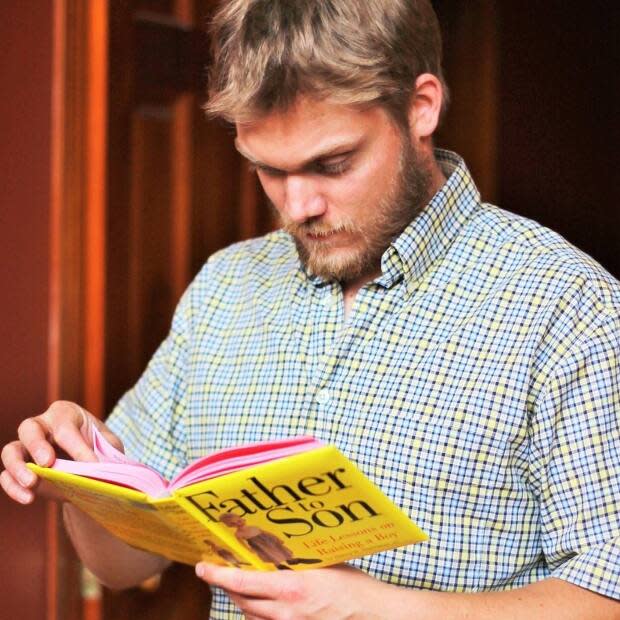Rural district committees should get byelections, not appointments, members say

Some people are raising questions about the province's decision to fill vacant seats on rural district advisory committees through ministerial appointment, while vacant seats in elections for amalgamated municipal councils will be selected by voters in byelections.
Vacancies in newly formed municipal governments will be filled in byelections in May 2023, according to Kim Poffenroth, Elections New Brunswick's chief electoral officer.
But, "in the case of the rural district advisory committees…the minister of local government and local governance reform will appoint individuals to those advisory bodies," Poffenroth told CBC New Brunswick's Shift on Monday.
Bruce Dryer, who is running to be on the Fundy rural district advisory committee, doesn't think that's fair.
"I believe that the rural districts should be offered the same democratic process to fill these vacancies as municipalities," he said.

There are six rural district advisory positions without candidates: one in Chaleur rural district, two in Fundy rural district, one in Kings rural district and two in Western valley rural district.
Gordon Kierstead, who by acclamation will sit on the Kings rural district advisory committee, doesn't understand why the committee positions can't be included in those already scheduled byelections.
"The whole idea of this process was to have, you know, more transparency and have actual elected officials even in the rural areas," said Kierstead.
"So to just turn around and appoint someone, I believe takes away from that," he said.
In the 2021 white paper outlining the reforms that created the new rural districts, Daniel Allain, minister of local government and local governance, wrote, "Your voice will be heard. The democratic deficit currently affecting 30 per cent of the province's population will be rectified."
The people appointed by Allain will hold their positions until 2026, according to Anne Mooers, a provincial spokesperson.
Appointments okay, but could've been avoided, says committee member
Laura McNulty, who by acclamation will sit on the Chaleur rural district advisory committee, said she has no problem with someone being appointed.
"I would hope that they would get somebody that is interested in this. I feel that the people are entitled to have representation. And they need a voice in their community," she said.
Kierstead said if someone has to be appointed, he also hopes they'll have a positive outlook.
"The whole idea of this, again, is to have more cooperation for the region, and hopefully that [appointed] person will be in that mindset."

When asked how people will be chosen for appointment, Mooers said in an email statement, "the minister will select individuals from within the rural district/ward."
But McNulty feels the appointments could have been avoided if more was done to ensure people knew the positions were up for grabs.
She said with the way her community was restructured, many people in Chaleur rural district ward 1 who had already been involved in local governance were amalgamated with Bathurst. Now, the ward 1 position is vacant.
"So then you have to reach out to another group of people to arouse the interest and let them realize that we do have a responsibility within our communities and this is our way to have a voice."
She added that Elections New Brunswick did not do enough to correct its mistake in October – when more than 260,000 households received incorrect voting information – before the candidate registration deadline on Oct. 28.
Concern about bias from appointees
Nathalie Paulin, who by acclamation will sit on the Chaleur rural district advisory committee, agrees that the committees should also be part of byelections and is worried an appointee might carry biases.
"If [the government] can appoint somebody there, it can be to [their] advantage," she said.
Dryer said he's also worried an appointee may not accurately represent the community.
"To be frank, we don't need yes-men or [yes-]women to hold positions to represent a demographic that is not in favour of a change that is being proposed and forced on us."


